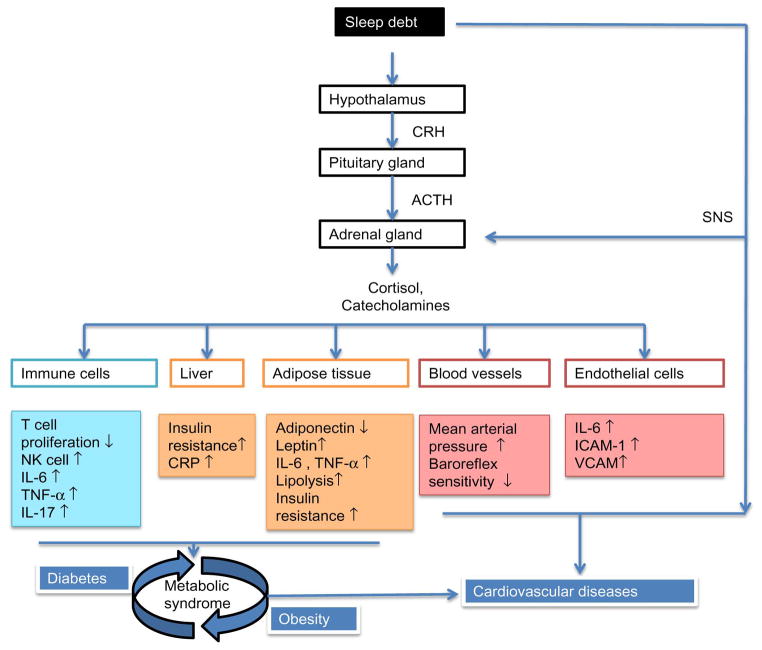Figure 1. Contributions of sleep debt in the pathophysiology of cardiometabolic diseases.
Suboptimal sleep leads to metabolic dysfunction via activation of stress-immune axis. Acute sleep loss can trigger metabolic distress in immune cells, hepatocytes, adipocytes, endothelial cells and blood vessels by disturbing their homeostatic regulation. Prolonged activation along with defective counter-regulatory mechanisms as a consequence of chronic sleep deficiency may lead to the development of cardiometabolic diseases.
Natural killer (NK) cell, interleukin (IL), tumor necrosis factor (TNF), c-reactive protein (CRP), intercellular adhesion molecule (ICAM), vascular cell adhesion molecule (VCAM), corticotropin-releasing hormone (CRH), adrenocorticotropic hormone (ACTH), sympathetic nervous system (SNS).

